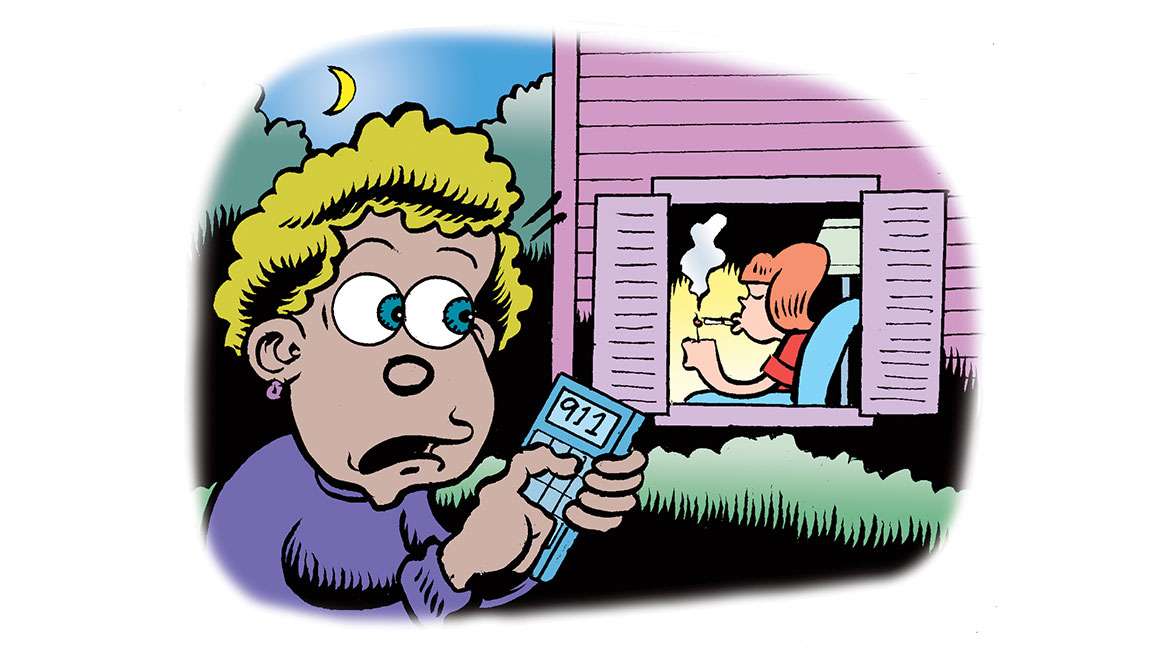Critiques and Commentary: December 2024
In a significant move aimed at improving public health and reducing secondhand smoke exposure, the Carlsbad City Council in California has enacted a ban on smoking and vaping in all multiunit residential buildings, including apartments and condos, effective January. This legislation prohibits residents from smoking or vaping on their own balconies and decks, raising concerns about personal freedoms and enforcement. While city officials acknowledged that policing the ban would be challenging due to resource limitations, they indicated that landlords could pursue legal action against offenders. Neighborhood residents may also report violations, thereby placing some responsibility on community members to uphold the new regulation and foster a healthier living environment for all.
In a contrasting yet equally contentious scenario, a 12-year-old boy named Danny Doherty from Norwood, Massachusetts, faced an abrupt halt to his entrepreneurial venture. Determined to support the Boston Bear Cubs, a hockey team for children with disabilities, he set up a homemade ice cream stand but was forced to shut it down after only a few days of operation due to municipal health regulations. City officials intervened following complaints from the public, asserting that the homemade ice cream could present contamination risks. The situation has sparked debate about local governance and the balance between health regulations and children’s initiatives, highlighting the challenges young entrepreneurs may encounter within bureaucratic frameworks.
In Buffalo, New York, a 1927 law granting the city authority to collect amusement license fees from music venues has resurfaced, prompting unexpected pushback from venue owners. This policy, which was previously dormant, has suddenly been enforced, placing significant financial burdens on music venues that may be required to pay event-based fees ranging from $10,000 to as much as $100,000 annually depending on size and ticket prices. Venue owners voiced concerns about the timing and rationale behind the city’s decision to pursue these fees amid ongoing challenges due to the pandemic. City council members expressed surprise at the situation, indicating a need for better communication and understanding of the financial strain placed on local businesses.
In a move to prioritize public safety, Atlantic City officials have enacted a ban on reptiles, including snakes, along the famous boardwalk during the busy summer season. Local entrepreneur Jason Wilson previously allowed visitors to interact with his Burmese pythons, promoting educational experiences and reducing fear associated with snakes. However, council members voiced apprehensions regarding safety and public perception, which ultimately led to the decision to restrict reptile interactions. This incident raises questions about how local regulations can impact small businesses and community engagement, as well as the balance needed between safety and educational opportunities.
Turning to the U.K., the case of Michael O’Brien has captured attention after he was wrongfully imprisoned for over a decade for murder. Ultimately freed when witnesses retracted their testimonies and following the revelation of significant police misconduct, O’Brien was awarded substantial compensation for his ordeal. However, the government controversially deducted funds from his payout, citing expenses for food and lodging during his incarceration. This decision has reignited discussions about the treatment of individuals wrongfully convicted in the justice system and the moral implications of penalizing victims of miscarriage of justice, raising fundamental questions about reparative justice.
Meanwhile, controversy also surrounds the U.S. Secret Service, which issued an apology following an incident involving agents assigned to protect Vice President Kamala Harris. The agents allegedly broke into a Massachusetts hair salon, disregarding protocol by covering security cameras and failing to secure the premises when they left. Initially, the agency denied the allegations, only to later confirm the agents’ involvement. This incident highlights ongoing issues regarding accountability and conduct within federal agencies, especially in high-profile security situations. Similarly, tensions arose in Los Angeles after protesters vandalized the home of a Jewish civic leader, leading to questions about improper implications of individuals without sufficient evidence. Both cases exemplify the complexities surrounding law enforcement and public accountability in contentious political climates.
Share this content:












Post Comment